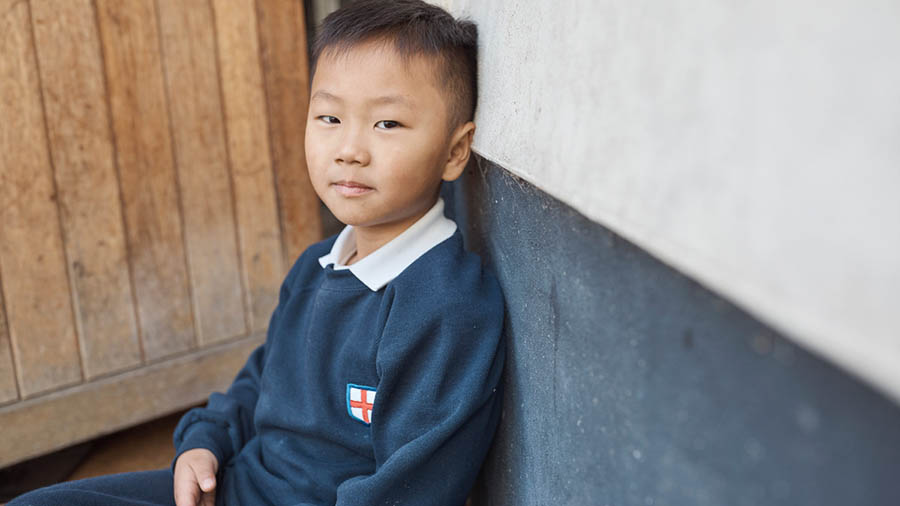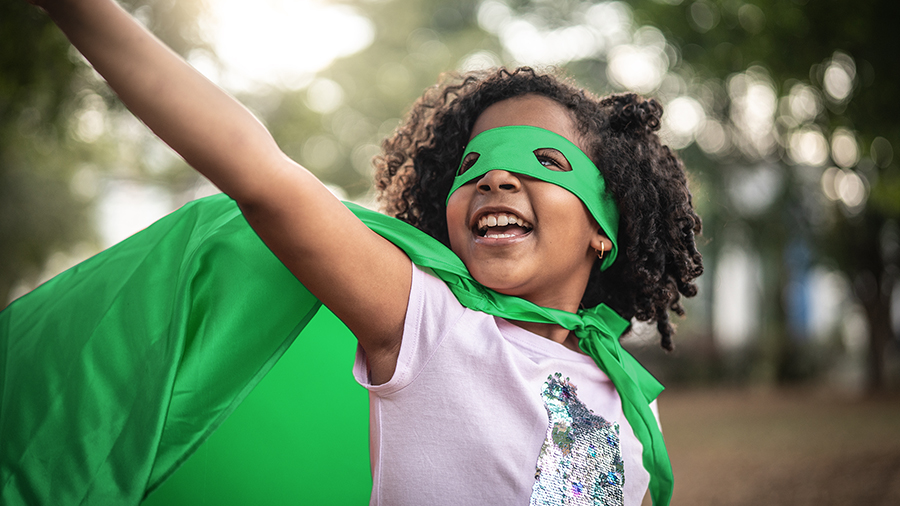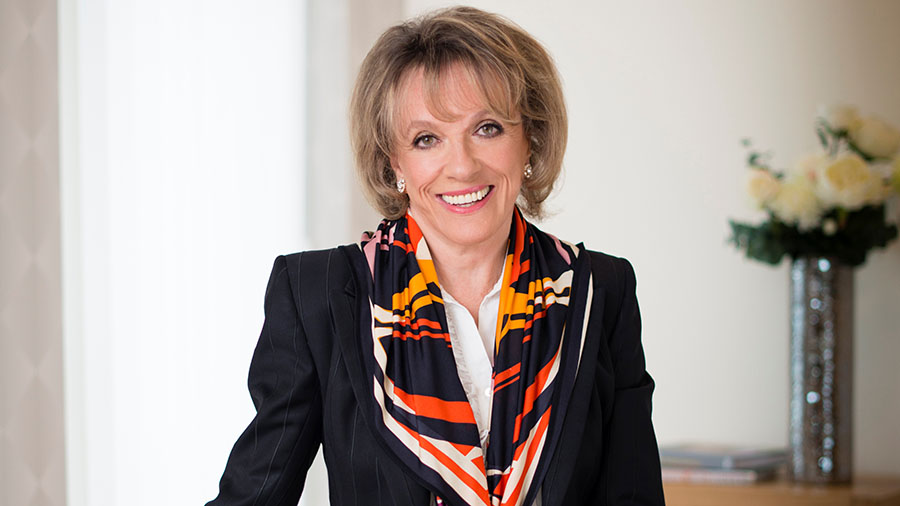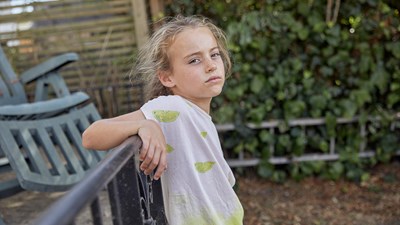Nearly 90,000 counselling sessions were delivered in the last year by our Childline service to young people worried about mental health or abuse.
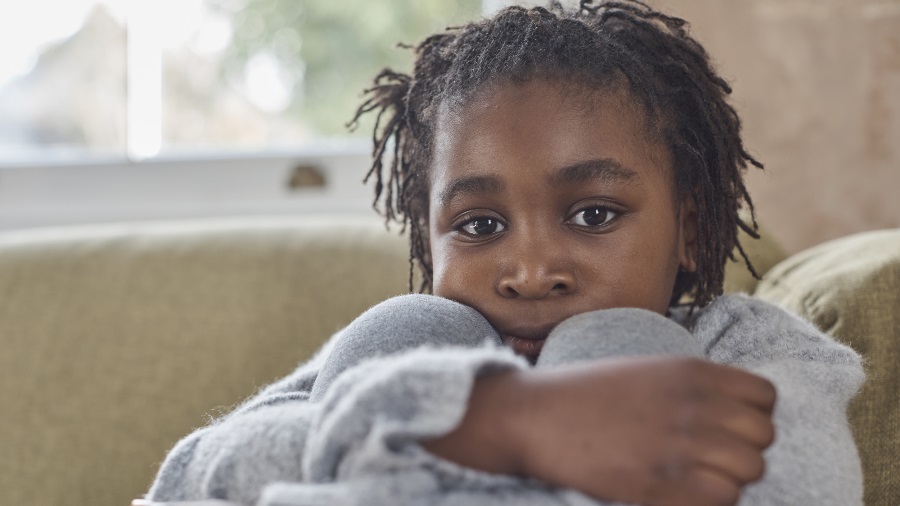
Over the last year, we’ve grown concerned about the impact of the pandemic on children’s wellbeing and on young people living in homes that aren’t safe. Our 1,200 Childline volunteer counsellors, as well as supporters and partners have worked hard to keep the service open to give young people somewhere to turn.
Our latest Childline data shows the huge toll the pandemic has had on young people. From 1 April 2020 to 31 March 2021:
- our Childline service has carried out 73,088 counselling sessions about mental or emotional health
- 5,646 of these counselling sessions were with children aged 11 or under, an increase of nearly a third (29%) when compared to the year before
- we also delivered 16,610 counselling sessions about abuse
- counselling sessions about emotional abuse increased by 18% when compared to the year before.
We’ve seen that many children have been proactive in taking steps to support their own emotional wellbeing during this time. More young people have been accessing our online Childline resources, information and tools to support their mental health in ways that are helpful to them.
Now we want to see the government invest in a plan for children that goes beyond catching up on lessons and includes more mental health support both in the classroom and in the community.


